How to Put Yourself in a Monopoly Position in Any Industry
Follow Me on Twitter, LinkedIn
View Count: 1743




 (2 votes, average: 5.00 out of 5)
(2 votes, average: 5.00 out of 5)There are organizations and people that create a lot of value and yet do not earn much:
- The person who cleans my office creates a lot of value. Without the work that they do, my office would be quite messy.
- The person who sells me gas at the gas station creates a lot of value. Without gas, I would not be able to go to work or drive my children to school.
- The person who mows my lawn creates a lot of value. Without the work that this person does, I would be spending a few hours a week mowing my lawn when I could be doing several other things.
None of these people are paid very well at all. In fact, all of these people are at the very bottom of the totem pole when it comes to society. They are paid very little and are competing with an enormous number of people to do the same work. In the office complex I work in, there are countless different people cleaning offices. There are gas stations every few blocks. There are probably 20 different lawn services in my neighborhood.
The problem with all of these professions is as old as the hills. They have become commodities because there is so much competition. Because there is so much competition, the people doing the work cannot capture much of the value that they create.
| See Do Not Allow Others to Be in Control of Your Career and Life |
Several years ago, I was rehabbing some offices that our company had recently moved into. The bathroom stalls were all old and dingy and covered in layers of paint. The elevators were dingy as well, and the walls had been painted numerous times. I did some research and realized that rehabbing the elevator would cost at least $5000 and replacing the bathroom stalls would cost at least $1500 each. I did not want to spend that much money. When all was said and done, the elevators and restrooms were going to cost me in excess of $15,000.
I pondered this and did not want to spend the money, but I knew that I had to. A few weeks after getting over the “sticker shock” of what all of this would cost, I was out for dinner one night in a “hip” urban restaurant in downtown Los Angeles and noticed that they had stripped all of the bathroom stalls and sanded down the metal so it looked cool. I started noticing this method in various locations and decided this might be more cost-effective and looked into having it done to all the bathroom doors and the office elevator.
I spent weeks looking and could only find a few people in Los Angeles that would do the work. The few bids were all between $5000 and $9,000. For $5,000, I found a guy that came out and did the work on the elevator and bathroom stalls in just one long day. He hardly spoke any English and yet he was able to make what I estimate was something in the neighborhood of $4,800 for his work.
- He treated the doors with some sort of strong chemical.
- Used a paint scraper to remove the paint.
- He used a very hot industrial blow dryer on corners and “stubborn” areas that made the paint peel right off.
- Then he sanded each door.
I was fascinated that someone could make so much money so quickly with very little skill.
“How did you learn about this?” I asked.
He told me a long story about how he had moved to the United States and knew he need to do work that not a lot of people were doing and that customers were willing to pay a lot of money for. He knew he would be successful and do well as long as he found a niche. He said he didn’t want to be a painter or work in a car wash. He said it only took him a few months to learn this work, and he usually did at least a few jobs every week.
The reason what he does is so profitable is because people realize they can fix their bathroom stalls, elevators, and other steel doors cheaper than replacing them. Paying him $5000 is better than spending $15,000 for essentially the same result.
I love it when I see people without a ton of skills figure out a way to make money and succeed when others similarly positioned seem to struggle constantly. For reasons that are unclear to me, most people go into professions, geographic locations and companies where they are in competition with tons of other people. This makes no sense.
| See Being New, Different and Different and Representing Change |
Most of my career has been spent counseling and finding jobs for attorneys in the legal field. Most attorneys allow themselves to become commodities and are branded by simple things like:
- The firm they work in
- The law school they went to
- The practice area they are in
Most attorneys (including me!) are litigators, and this means they are in competition with scores of other people for the same jobs. This makes meaningful advancement difficult because there are just so many people doing the same thing.
- If I wanted to find a litigation attorney in Los Angeles, I could choose from well over 25,000 attorneys.
- When I wanted to find a guy who was a specialist in stripping paint off bathroom doors and refinishing them with sandpaper, I only found three.
Who is more in demand? Who is going to be able to command more money in the market? Where is there going to be less competition?
When I first started recruiting, one of the first people I worked with was a talented patent attorney with an electrical engineering background and a lot of experience working on patents related to circuit design. He was working at a small law firm in Portland (but working remotely from home) and was considering relocating to the Bay Area. I had never seen law firms go so crazy. He got interviews and received offers everywhere he applied (at the time, law firms could not attract people like this because it was the dotcom boom and attorneys were going in-house).
When I told one law firm that he was not sure he was going to take the job, they responded (to my astonishment): “If we give him a $75,000 starting bonus, do you think that would make a difference?” This was in 2000, and the attorney only had one year of experience.
His electrical engineering background, willingness to work in a law firm (at the time) and experience with circuits gave him MONOPOLY POWER in the job market. In addition, not every attorney can be a patent attorney. You also need to pass a very difficult exam (the patent bar) and take numerous scientific classes at the university level to even be qualified to take the patent bar exam.
Incredibly, this attorney chose to stay at a firm paying $100,000 less (with no bonus) because he enjoyed working from home and decided he did not want to commute to an office each day. Today he would be less employable; however, I have no doubt that numerous firms would still be very eager to hire him.
While the profession (and specialty within the profession) you choose is important, so is the location. A year or so ago, I received a call from an attorney practicing law in a fairly remote desert area of California that was made up of only a few thousand people. He was the only attorney there. The closest attorney (and town) was in a town of a few thousand people about 60 miles away. The attorney told me that for most of his career, he and this attorney had been on opposite sides in most disputes. They tended to always work things out together.
This attorney told me he was ready to retire and asked me if I could find anyone willing to move the small town and take over his job.
“How much money are you making?” I asked him.
“I generally collect about $250,000 to $300,000 a year and make a little over $200,000 after my expenses,” he told me. “I realize that is not as much money as attorneys make in Los Angeles; however, this is a lot of money here. I would say I live better than anyone in this area. My wife and I have a small plane we use to fly to Las Vegas, Lake Tahoe and other places some weekends. We have a good life.”
The attorney did not have particularly good qualifications. None of this mattered, though. He was the only attorney for miles around and had a very good career.
As this attorney spoke to me, I started to realize something important. If this attorney was working anywhere else, his career level of happiness would have been different. It was the attorney’s chosen location that made all of the difference. In return for working in a fairly remote location, he was rewarded with a very good life. Because of his location, his services were more in demand than they would have been somewhere else.
The attorney, like the guy who refinished bathroom stalls, was able to form a monopoly.
The more you are able to place yourself in a monopoly situation, the better off you will be. When you look at some of the most successful people in history, you will see that most of them were able to carve out monopolies somehow in business:
-
- Andrew Carnegie (U.S. Steel Corporation). Steel.
-
- Ted Turner (CNN). Television stations and news.
-
- Bill Gates (Microsoft). Computer operating systems.
-
- Larry Page and Sergey Brin (Google). Search engines.
-
- Steve Jobs (Apple). Telephones and computers with user-friendly interfaces.
-
- Jeff Bezos (Amazon). Online bookstores and commerce.
-
- Pierre Omidyar (eBay). Online auctions.
-
- John D. Rockefeller (Standard Oil). Oil (and monopoly ownership of wells, pipelines, tanker cars and railroads, oil refineries and gas stations.
-
- George Westinghouse (Westinghouse). Originally, airbrakes for trains and then a giant electric company.
-
- George Pullman (Pullman). Sleeping cars for trains.
-
- Eleuthere Irenee du Pont (Dupont). Gunpowder company that later produced other chemicals.
- George Swift (Swift Brands). Meat packing.
-
- Larry Ellison (Oracle). Relational databases.
Each of these people gained monumental wealth during their time by creating monopolies in the work that they were doing. Each person, in their own way, is similar to (1) the person sanding and refinishing bathroom stalls, (2) the attorney practicing in a small town and (3) the attorney practicing in an obscure area of patent law.
In the real world, others are successful and earn money, prestige, respect and power to the extent they can do something others cannot.
I went to college with a guy who spent 10 years after medical school doing various fellowships and developing a specialty involving operating on small children that only a few people in the world can do. While his medical school classmates were starting their lives as practicing doctors, he was doing research learning more about how to do this very complex and rare operation and lived in a small apartment near a university hospital so he could study under the other expert in this field.
Today, he charges $250,000 (or more) to do the operation, and insurance companies and patients regularly pay this amount. People come to see him from all over the world for the surgery. He performs a couple of operations per week and is now very, very wealthy, respected and sought out. He also tells me that he can charge whatever he wants. He told me that a Prince from Saudi Arabia called him once about doing the operation on his son. He charged him $2,500,000.
This guy has a monopoly. That is what every business and person in any profession can aspire to. (I am not saying it is right to charge one person more than another for an operation, but that is what happens with monopolies where only one person or company can provide the service.)
The difference between a monopolist and a “rent collector” is having a rare commodity. Most people are rent collectors and perform a service that many, many others can perform. The amount of money that they charge is what you might call “rent” for performing a certain type of work.
If a McDonald’s needs a cashier, they need to “rent” people for a certain amount of money to do the work. The person doing the work is a commodity whose earning potential will always be held way down because there are tons of others willing to do the work for the same amount of “rent”.
If you really want to have a good career, the most important thing that you can do is try and put yourself in a monopoly position in your area, in your company and in your profession. If you are not a monopoly, then you are going to be expendable. If you are expendable, you will never have any negotiation leverage.
In most companies and law firms, there are also certain people who, by virtue of their position and relationship to upper management, have a monopoly.
- They may have put themselves in an indispensible niche inside the company where training someone else to do the same work would take years. Certain people understand complex processes and procedures. Without them, the company would be in danger of ceasing operations. These people have monopolies.
| See If You Want to Earn More You Need to Be Worth More |
- They may be close with the highest-level people in the company who will protect them at all costs.
I have seen people have very successful careers being protected by high-level people inside of their company or organization.
| See You Need to Be in Favor With the Right People |
- They may have contacts with certain clients and others that the company would not have without them that the company needs to stay profitable. Many law firms and financial firms have people inside them that are generating most of the business for everyone else. Without these people, those below them would not have work. These people have monopolies.
| See Concentrate Your Effort Where You Can Grow Roots |
- They may be extremely valued by the entire staff and getting rid of them would set off a revolt. I know a girl who was the manager of a restaurant and very close with all of the employees. When she was fired, the entire restaurant staff quit and walked off the job. They literally had no one to do the work and did not even have recipes. The restaurant had to close down.
| See The Importance of Being Well-Liked in Your Job |
The more of a monopoly that you have, the better off you will always be. You will be successful to the extent that you do and know something that others do not. Monopoly defines the most successful people everywhere. You need to do something so much better than others that you have very little, or no competition.
All of the most successful people that I know of have monopolies.
- They are in businesses that no one else is doing.
- They do things that no one else is doing.
- They know and are close to someone extremely powerful.
- They have experience that others do not have.
- They are in an area where no one else is doing the work.
- They solve a problem no one else is solving.
One of the saddest parts of my job as a recruiter is speaking with attorneys and others who are unsuccessfully looking for jobs, regardless of how hard they try. It is very difficult to watch because they all are very intelligent, they all worked very hard their entire lives and they all really want to work.
Being intelligent and wanting to work is not enough.
The number one characteristic of all people who struggle in their careers and their lives is that they cannot escape competition.
An attorney has a difficult time competing in a large market with tens of thousands of similarly qualified people.
Very few people oppose the crowd and are able to think for themselves. Everyone goes to school, takes classes and comes out pretty much the same. We are taught that sticking out, being contrarian and thinking for ourselves is wrong. It is not wrong. Thinking for ourselves and developing new ways of doing things and finding niches (and hopefully monopolies) is exactly what we should be doing.
If you really want to get ahead, however, you need to be different. Steve Jobs got Apple ahead by “Thinking Different” and designing products that no one else was designing. If he had not thought differently, Apple likely would never have succeeded. Thinking differently gave Apple a monopoly.
The number one thing that makes people fail and not reach their potential is competition. If get into an area where there is not much competition and you genuinely have something to offer, you will succeed. Everyone is successful to the extent they are doing something others around them are not that provides value.
| See the following articles for more information: |
Related Articles:
About Harrison Barnes
Harrison Barnes is the Founder of BCG Attorney Search and a successful legal recruiter himself. Harrison is extremely committed to and passionate about the profession of legal placement. His firm BCG Attorney Search has placed thousands of attorneys. BCG Attorney Search works with attorneys to dramatically improve their careers by leaving no stone unturned in a search and bringing out the very best in them. Harrison has placed the leaders of the nation’s top law firms, and countless associates who have gone on to lead the nation’s top law firms. There are very few firms Harrison has not made placements with. Harrison’s writings about attorney careers and placements attract millions of reads each year. He coaches and consults with law firms about how to dramatically improve their recruiting and retention efforts. His company LawCrossing has been ranked on the Inc. 500 twice. For more information, please visit Harrison Barnes’ bio.
About BCG Attorney Search
BCG Attorney Search matches attorneys and law firms with unparalleled expertise and drive that gets results. Known globally for its success in locating and placing attorneys in law firms of all sizes, BCG Attorney Search has placed thousands of attorneys in law firms in thousands of different law firms around the country. Unlike other legal placement firms, BCG Attorney Search brings massive resources of over 150 employees to its placement efforts locating positions and opportunities that its competitors simply cannot. Every legal recruiter at BCG Attorney Search is a former successful attorney who attended a top law school, worked in top law firms and brought massive drive and commitment to their work. BCG Attorney Search legal recruiters take your legal career seriously and understand attorneys. For more information, please visit www.BCGSearch.com.
Filed Under : Featured, Getting Ahead, How to Succeed
Tagged: Amazon, andrew carnegie, Apple, be in demand, bill gates, cnn, ebay, eleuthere Irenee du Pont, george pullman, george swift, george westinghouse, jeff bezos, john d. rockefeller, larry ellison, larry page, litigation attorneys, microsoft, monopoly, pierre omidyar, sergey brin, steve jobs, ted turner



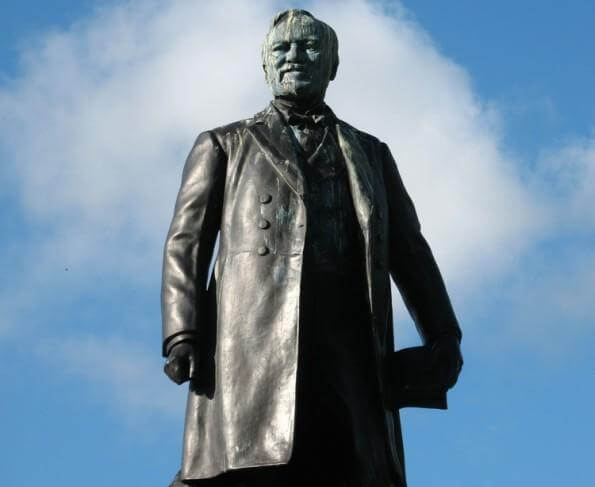
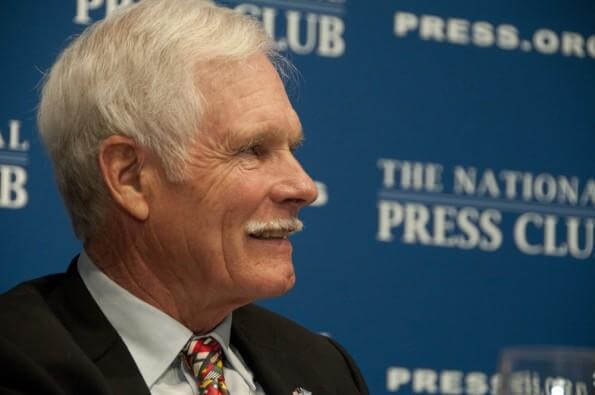



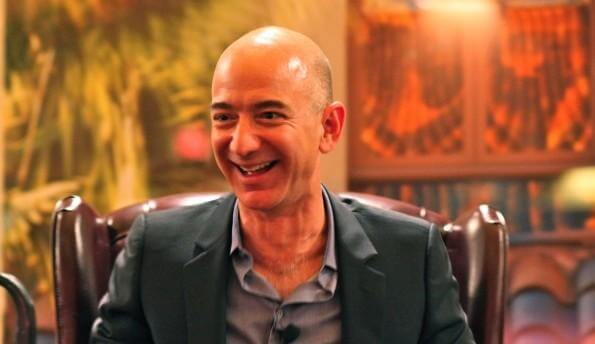

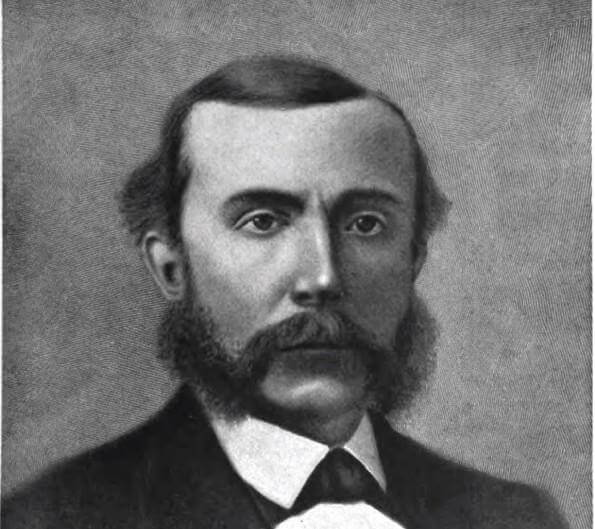
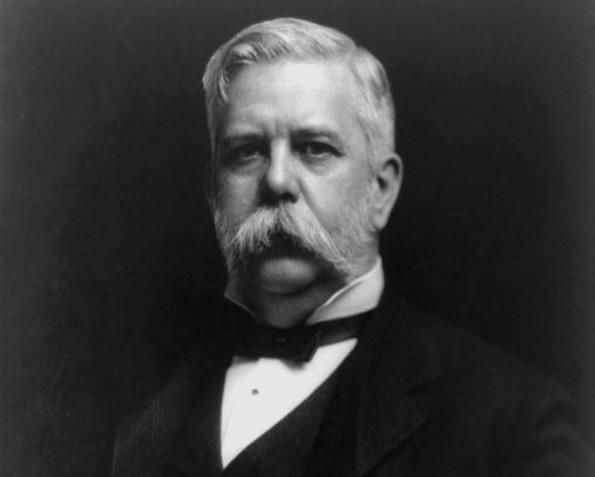
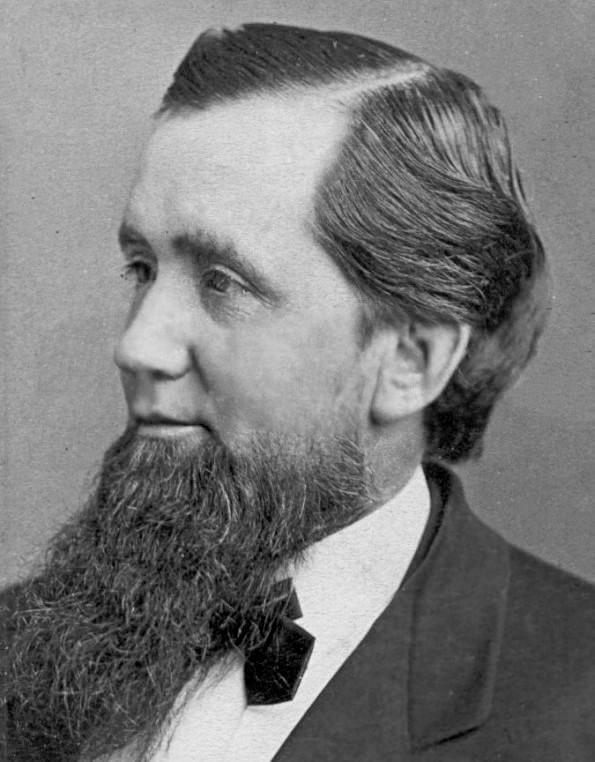

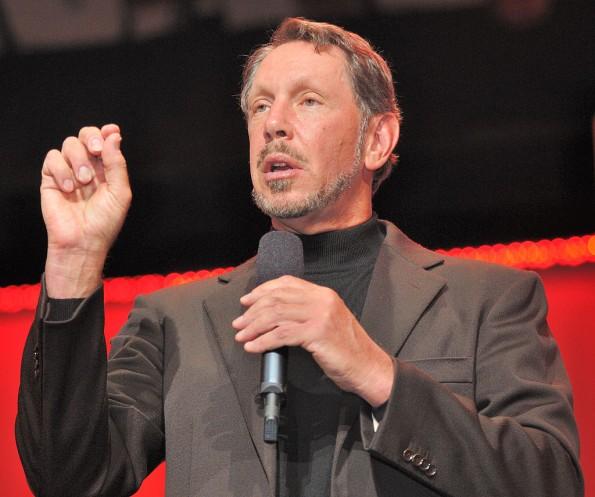

Speak Your Mind
Tell us what you're thinking...
and oh, if you want a pic to show with your comment, go get a gravatar!
You must be logged in to post a comment.